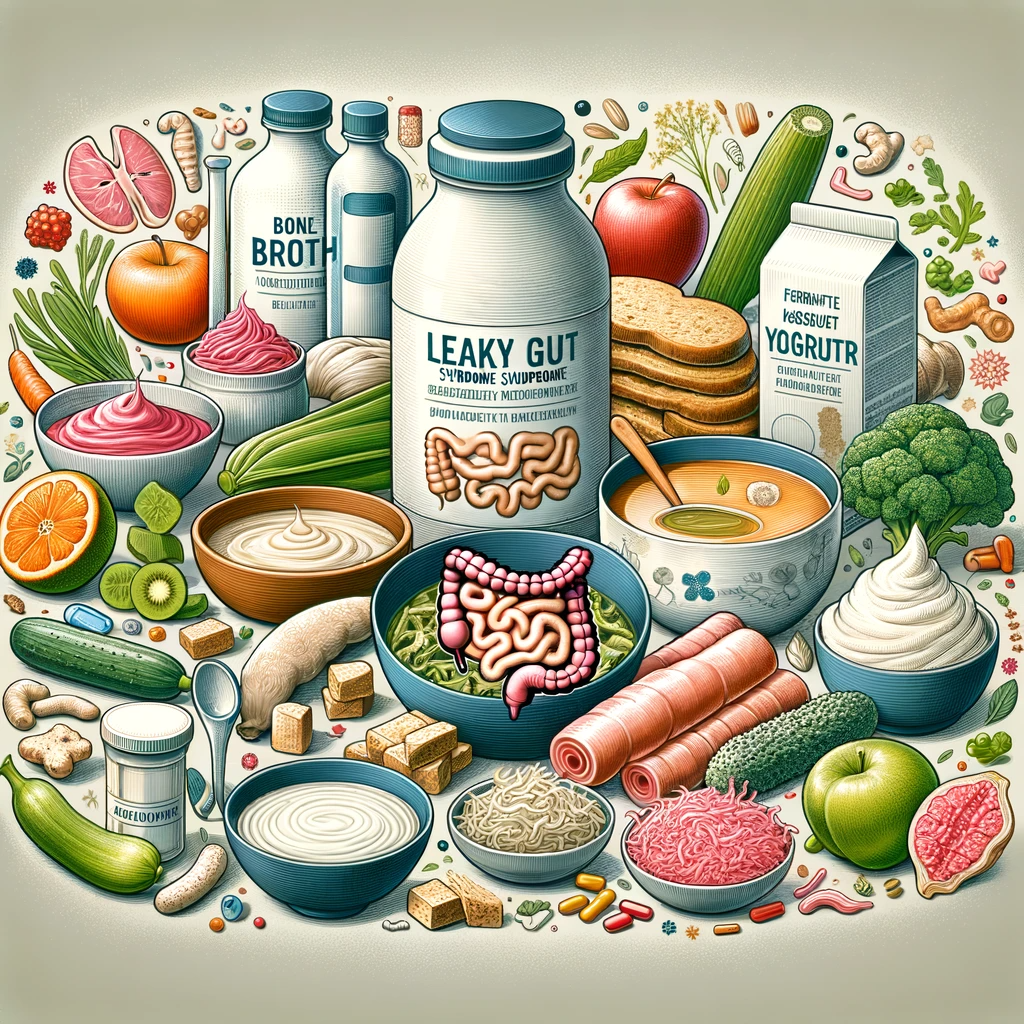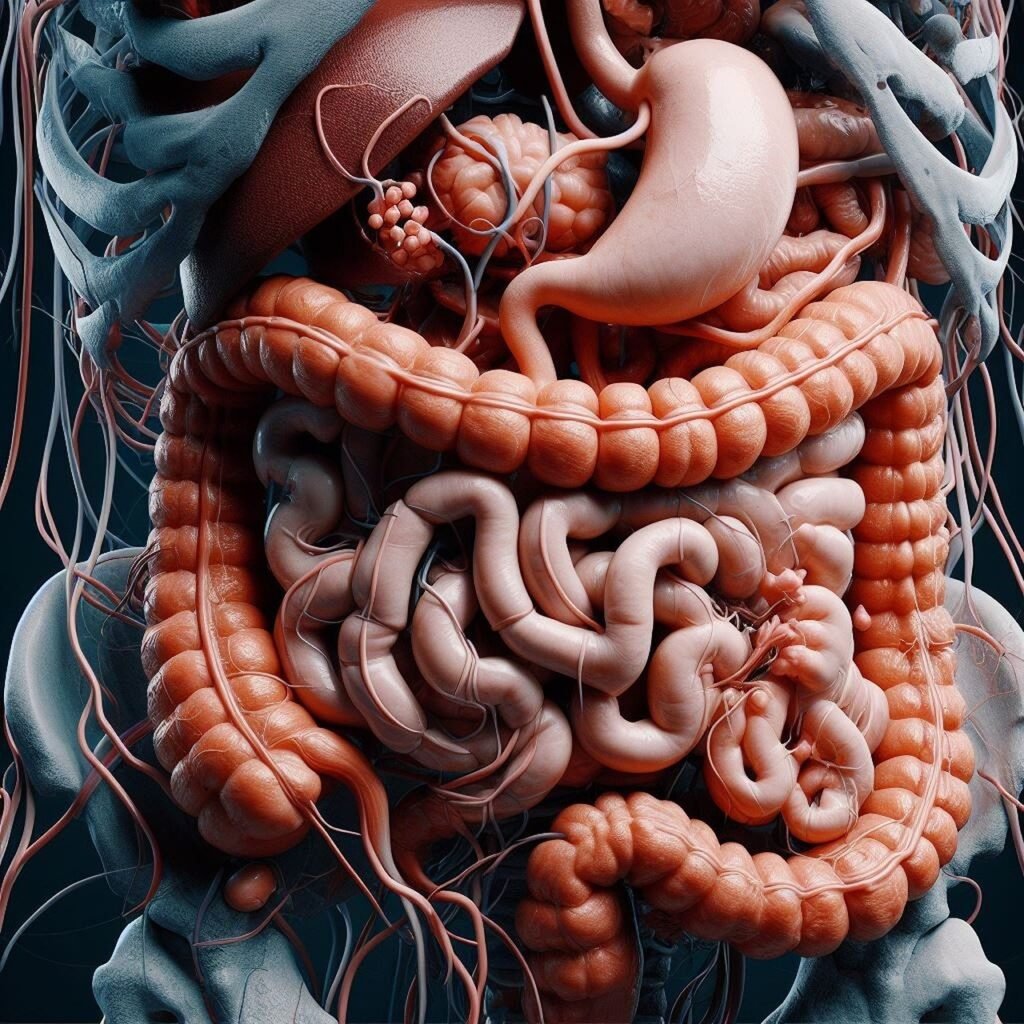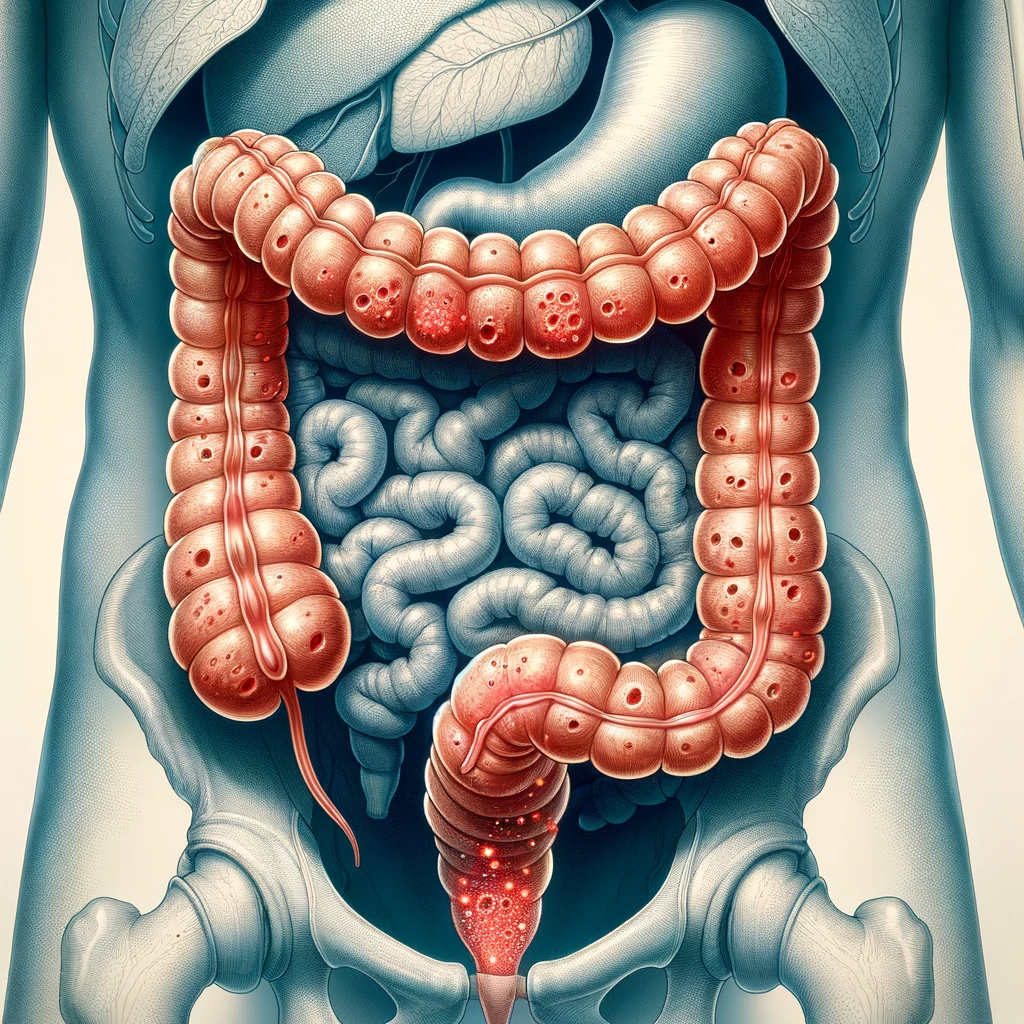Leaky gut syndrome, a condition that’s gaining attention in the health community, is closely linked to what we eat. In this blog post, we’ll explore the relationship between leaky gut and diet, shedding light on how certain foods can either exacerbate or alleviate this condition
What is Leaky Gut Syndrome?
Leaky gut, medically known as increased intestinal permeability, is a condition where the lining of the small intestine becomes damaged, allowing undigested food particles, toxic waste products, and bacteria to “leak” through the intestines into the bloodstream. This can cause an autoimmune response, leading to gastrointestinal problems, food sensitivities, fatigue, headaches, and skin issues.
The Role of Diet in Leaky Gut Syndrome
The connection between leaky gut and diet is significant. Certain foods can irritate the gut lining, exacerbating leaky gut, while others can help in healing and maintaining a healthy gut.
Foods That May Worsen Leaky Gut:
- Processed Foods: High in sugar and unhealthy fats, they can promote inflammation and harm gut health.
- Gluten: Found in wheat, barley, and rye, gluten can trigger gut inflammation in sensitive individuals.
- Dairy Products: For some people, dairy can irritate the gut lining and exacerbate symptoms.
- Refined Oils: Such as soybean and canola oil, which can promote inflammation.
Foods That Can Help Heal Leaky Gut:
- Bone Broth: Rich in collagen and amino acids, it can help repair the gut lining.
- Fermented Foods: Such as yogurt, kefir, sauerkraut, and kimchi, which are rich in probiotics that support gut health.
- High-Fiber Foods: Including fruits, vegetables, and whole grains that promote a healthy gut microbiome.
- Lean Proteins: Like chicken, fish, and plant-based proteins that are easy on the gut.
Implementing a Gut-Friendly Diet
To address leaky gut and diet, consider the following steps:
- Eliminate Trigger Foods: Identify and cut out foods that exacerbate your symptoms.
- Incorporate Healing Foods: Gradually add gut-friendly foods to your diet.
- Stay Hydrated: Drinking plenty of water is essential for maintaining gut health.
- Consider Supplements: Probiotics, L-glutamine, and omega-3 supplements can support gut healing.
The Importance of a Balanced Approach
While focusing on leaky gut and diet is crucial, it’s also important to maintain an overall healthy lifestyle. Regular exercise, stress management, and adequate sleep all play a role in gut health.
Conclusion
Understanding the link between leaky gut and diet is key to managing and improving this condition. By making informed dietary choices and adopting a holistic approach to health, you can significantly impact your gut health and overall well-being. Remember, it’s always advisable to consult with a healthcare professional before making significant changes to your diet, especially if you have underlying health conditions.


